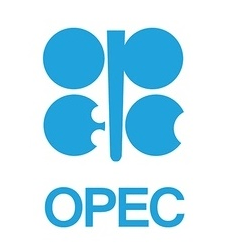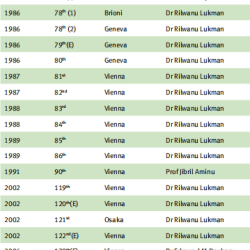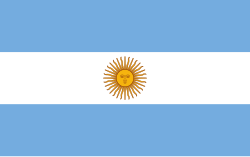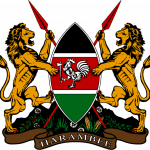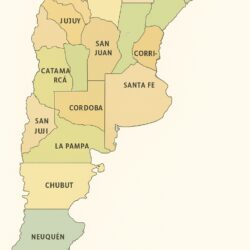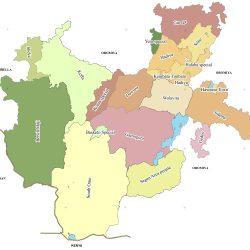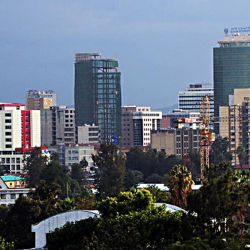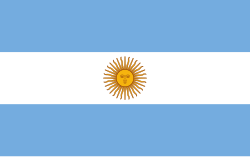The Organization of the Petroleum Exporting Countries (OPEC) was founded in September 1960 in Baghdad, Iraq with the signing of an agreement by five founding nations: Iran, Iraq, Kuwait, Saudi Arabia, and Venezuela. These countries, all major oil exporters, aimed to coordinate and unify petroleum policies among member states to ensure the stabilization of oil markets, secure fair returns for producers, and provide a steady supply of oil to consumers.
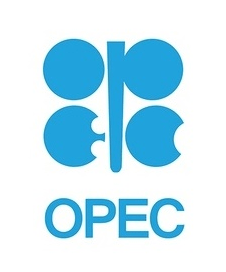
OPEC Founding and Membership Expansion
Following its establishment, OPEC expanded as other oil-exporting nations joined the organization. The timeline of new members is as follows:
- Qatar (1961)
- Indonesia (1962)
- Libya (1962)
- United Arab Emirates (1967)
- Algeria (1969)
- Nigeria (1971)
- Ecuador (1973, suspended in 1992, rejoined in 2007, withdrew in 2020)
- Gabon (1975, terminated in 1995, rejoined in 2016)
- Angola (2007, withdrew in 2024)
- Equatorial Guinea (2017)
- Congo (2018)
This expansion transformed OPEC from a Middle Eastern and South American coalition to a more globally diverse organization, including members from Africa and Asia.

Membership Status Changes
Several member countries have changed their status over time due to various national and global considerations:
- Ecuador suspended its membership in 1992, rejoined in 2007, but officially withdrew from OPEC on 1 January 2020 to focus on its domestic economic needs.
- Indonesia first suspended its membership in 2009, reactivated it in 2016, but suspended it again later that year at the 171st OPEC Meeting.
- Gabon terminated its membership in 1995 but rejoined in 2016.
- Qatar left OPEC on 1 January 2019 to focus on its natural gas industry.
- Angola is set to withdraw its membership effective 1 January 2024, following its decision to exit OPEC.
As of 2024, OPEC consists of 12 Full Member Countries.
OPEC Membership Categories
OPEC’s Statute differentiates between Founder Members and Full Members. Founder Members are the original five countries that established OPEC in 1960. Full Members are those countries whose applications have been accepted by OPEC, with the stipulation that any country with significant crude petroleum exports and interests aligned with the existing Member Countries can apply for membership. Acceptance requires approval from three-fourths of Full Members, including unanimous agreement from all Founder Members.
